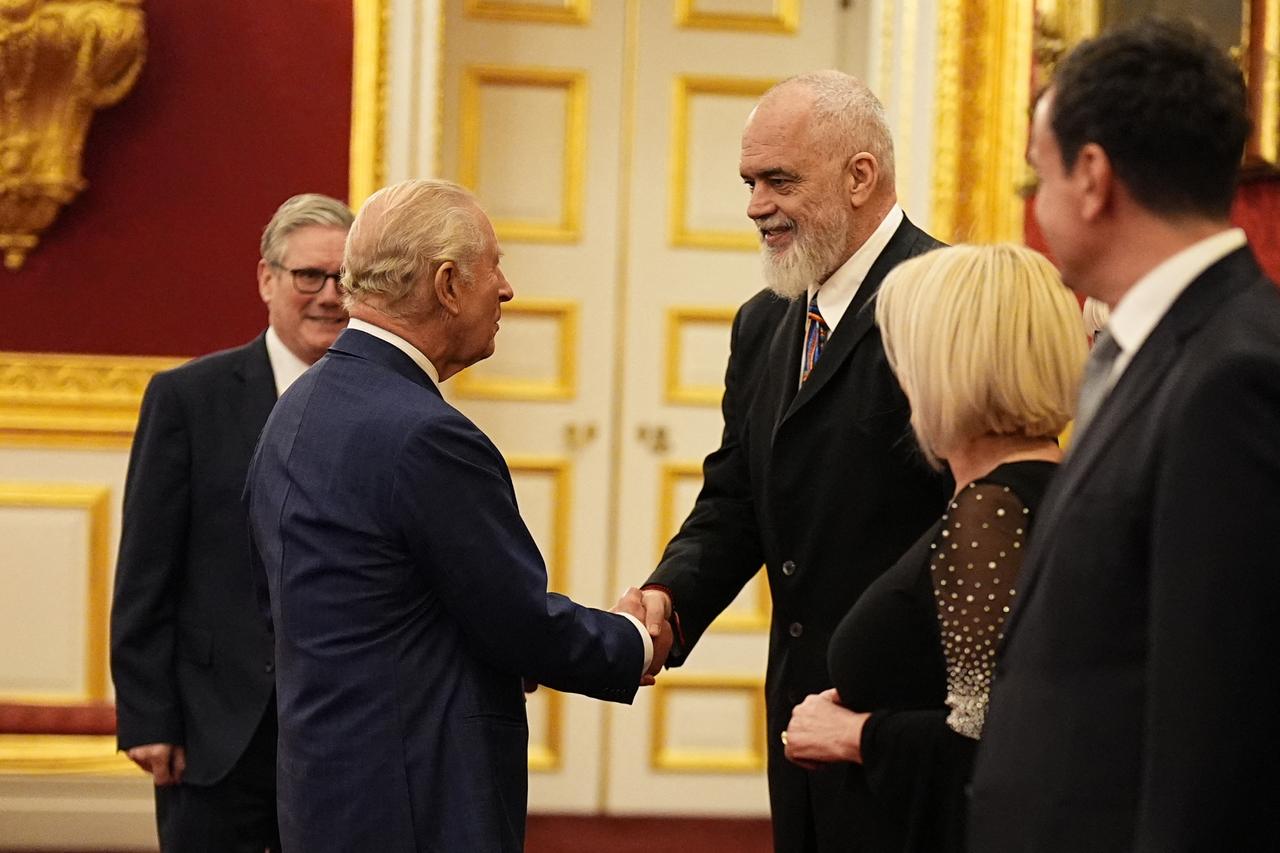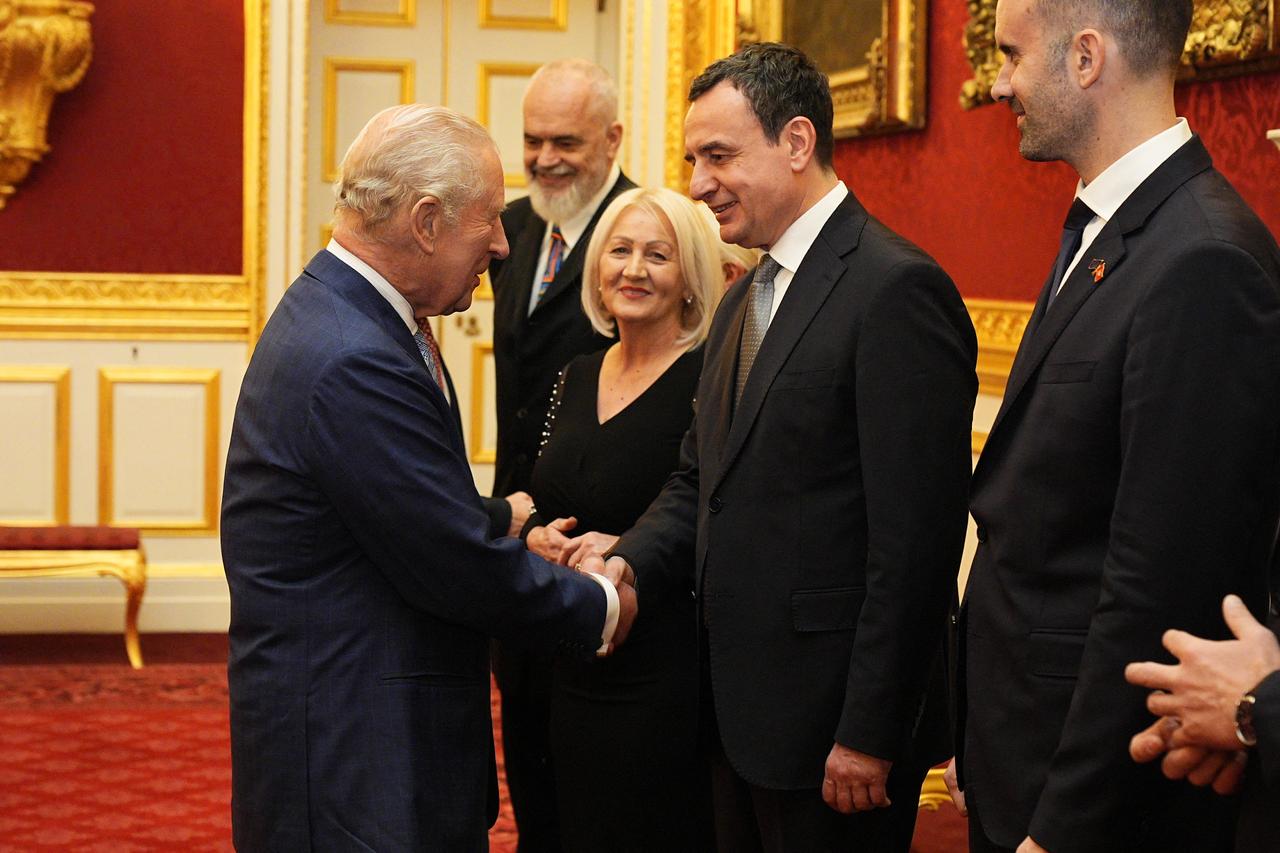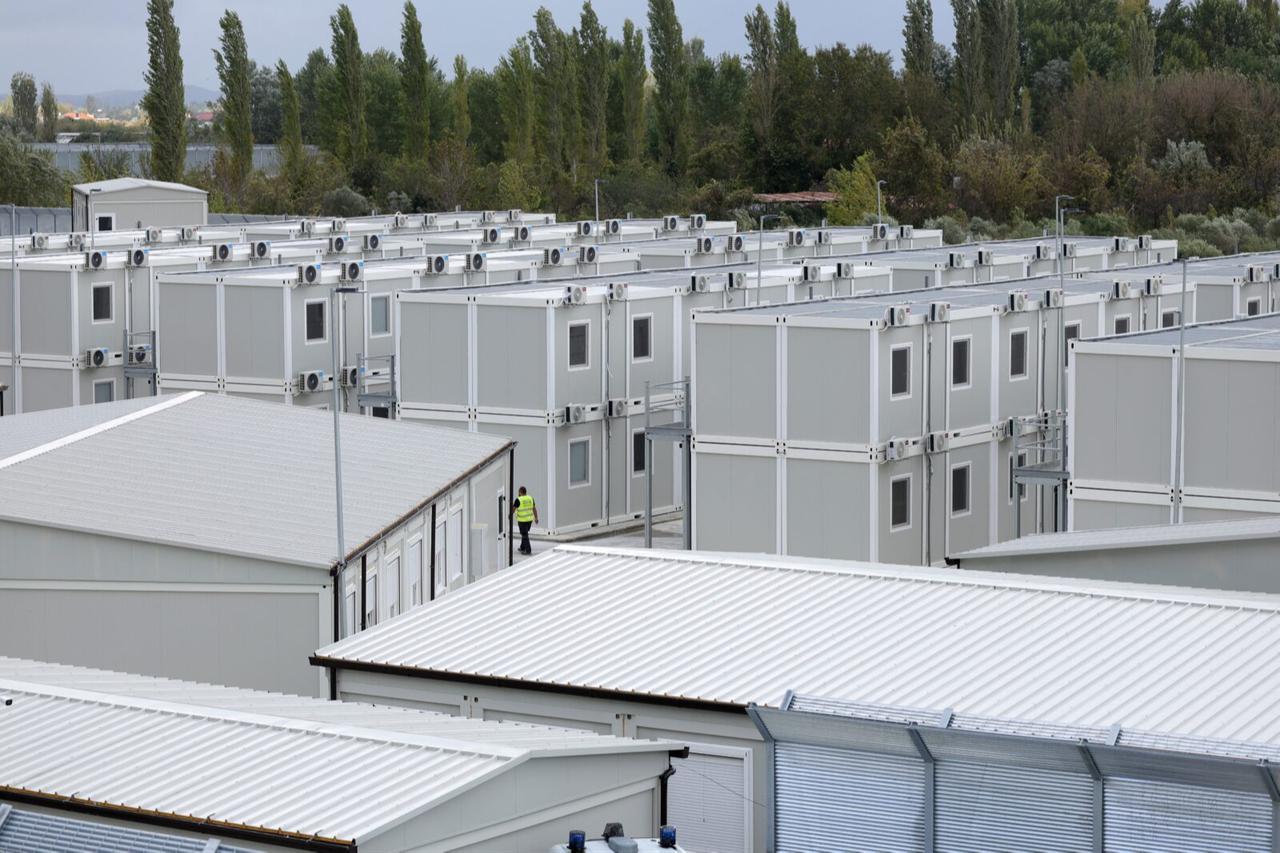
The Western Balkans are once again in the geopolitical spotlight, but this time not as a region aspiring to join the European Union, but as a pawn in the U.K.’s migration strategy.
The proposal to establish “return hubs” in countries like Kosovo, Bosnia and Herzegovina, North Macedonia, Albania, and Montenegro is not merely a policy initiative; it is a desperate strategic gamble that intertwines migration management with international diplomacy and security cooperation.
The U.K.’s push for these hubs is framed as a solution to solve illegal migration and dismantle people smuggling networks.
Kosovo was the first to express willingness to host rejected asylum-seekers, given the U.K.’s support during the war in the 1990s and during its struggle for independence from Serbia. In return, Kosovo expects increased U.K. security and intelligence cooperation and infrastructure aid.
Washington has recently announced a reduction in its mission in Kosovo, signaling a shift in its engagement in the region.
But the U.K.’s proposal poses several challenges for the region, grappling with ethnic tensions, economic woes and brain drain.

Firstly, there are concerns over sovereignty and resource allocation.
By allowing the U.K. to possibly process and control who enters their soil, these countries cede a degree of control over who gets to stay or leave their territory. Migration policy is traditionally a core component of national sovereignty. When a foreign state dictates procedures, the host country’s ability to set its own rules is diminished.
The lack of a cohesive regional strategy further complicates the situation.
Montenegro’s Prime Minister Milojko Spajic has proposed a €10 billion ($11.6 billion) investment in railway infrastructure as a prerequisite for hosting such a hub. In contrast, Bosnia has already rejected the idea and Albania’s Prime Minister Edi Rama has said: “When it comes to the hubs, or whatever they are called, I’ve said it, and I repeat–never in Albania.”
North Macedonia’s position remains ambiguous. While the country has not been formally approached, Prime Minister Hristijan Mickoski has indicated openness to discussions, highlighting the need for further talks with the U.K.
The Balkans are a strategic region where migration flows intersect with security instability and the influence of major powers, notably Russia and the EU. Therefore, the cooperation, or lack thereof, among Balkan states affects broader European security and stability, not just local affairs.

The U.K.’s proposal to send rejected asylum-seekers to these countries also highlights a shift in influence from EU integration to bilateral deals. The EU’s enlargement process has stalled, with countries like Kosovo and Bosnia and Herzegovina facing prolonged waiting periods for membership.
This delay has fueled frustration and skepticism among the populations, leading to increased support for nationalist and anti-EU sentiments. In this context, the UK’s initiative offers an alternative avenue for engagement, albeit one fraught with risks.
The failures of the Italian-Albanian model serve as a stark reminder of the complexities involved in outsourcing migration management. The Albanian-Italian deal, which allowed for the detention of migrants in Albanian centers for repatriation, faced significant legal and logistical hurdles.
An Italian court ruled against the detention of migrants in Albania, deeming some countries unsafe for repatriation. Moreover, the financial implications are staggering. The cost of Albanian detention facilities is reportedly seven times higher than similar facilities in Italy, raising concerns about inefficiency and wastefulness.
In the face of the war in Ukraine and the rising Russian influence, the willingness of some Balkan countries to host migrant return centers for the U.K. underscores a deeper desperation to align with Western powers.
However, this strategy is fraught with risks. Without a comprehensive regional strategy, genuine EU support, and a commitment to human rights, these initiatives are likely to falter, leaving the Western Balkans further isolated and vulnerable to external influences.
The EU must recognize the urgency of the situation and take decisive action to support the region’s aspirations and stability. The U.K., on the other hand, cannot expect support in solving migration issues before these countries are stable themselves and capable of helping out.
It could also cooperate with Brussels to speed up its accession process for these countries. The proposal for return hubs is not just a policy issue; it is a litmus test for the future of Balkan-Western relations and the broader European security architecture.